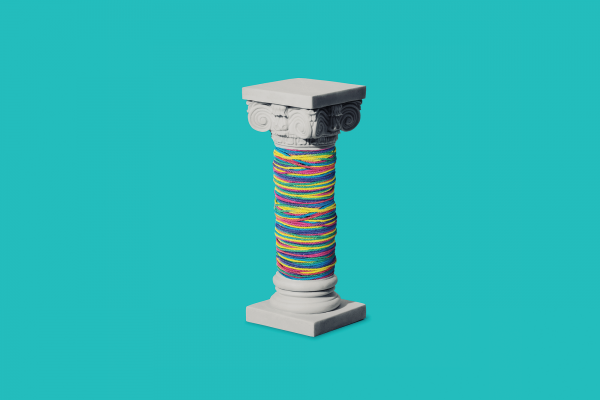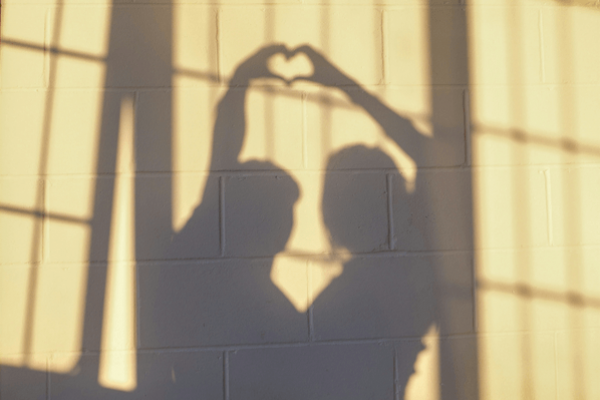IN MY TEACHING, I seek to educate students toward a robust democracy. Religious education is so often engaged with abstract concepts such as “peace” and “justice” without considering how to put these ideas into daily action. What does religious pluralism in the real world look like? How do we prepare clergy and community to face the urgent issues of our time, which are sometimes caused by religion? How can interfaith solidarity deepen solutions and build durable partnerships that will benefit all creation, especially in times of state violence?
The starting point of many theologies of religious pluralism is the notion of salvation and how a particular tradition views the “afterlife.” This paradigm, not surprising, is often future-oriented; it is hard to translate into behaviors that are inclusive not just at the belief level but also in the lived religion of individuals, communities, and institutions.
We often approach interreligious education as if each community teaches its own members in isolation from other religious traditions. I want to propose a new paradigm: Even if no one in our classroom or congregation is from another religious tradition, what we teach will forever imprint upon them how to engage religious diversity.
What is your tradition teaching members about the social and political value of religious pluralism? Is it inclusive? Exclusive? How do we apply these categories to build curricula that are not only reflective of religious literacy of the other, but also provide religious reasoning for why the other should be protected (or not) by the state?
For example, in my classroom I teach case studies that include persecution of a religious minority by the state. We look at U.S. migration policies during the Holocaust, when many Jews were denied entry. What is the responsibility of your religious community to stand up against the state when an action of the government could save a whole group, whether or not they are of your own background? My students then extrapolate from this example to our current-day situation of migration. They talk about how they would build not just single-faith coalitions to stand up to governmental violence—but also about the work it would take, theologically and practically, to do it as a larger group of faith-driven activists of various traditions.
We know that interfaith coalitions are extremely effective in building such accountability procedures. A year ago, a local federal elected official refused to meet with DACA recipients in his district. We visited his office as an interfaith coalition, accompanying the constituents. When his staff saw Muslim, Christian, Jewish, and Hindu clergy, they recognized that the whole community was in support of a meeting and politely scheduled one.
In a time when excesses of the state in many ways harm all communities, inclusive democracy is under threat. Educating for religious pluralism is the responsibility of all of us—and we all benefit from it.

Got something to say about what you're reading? We value your feedback!







